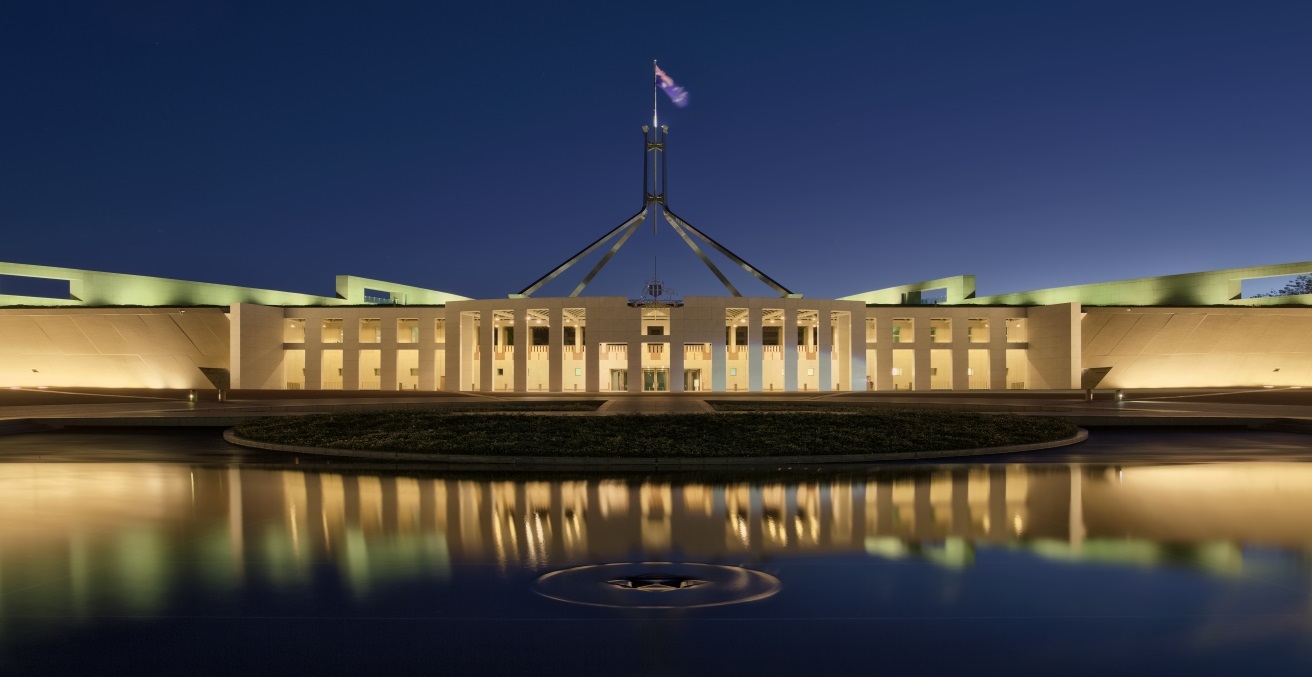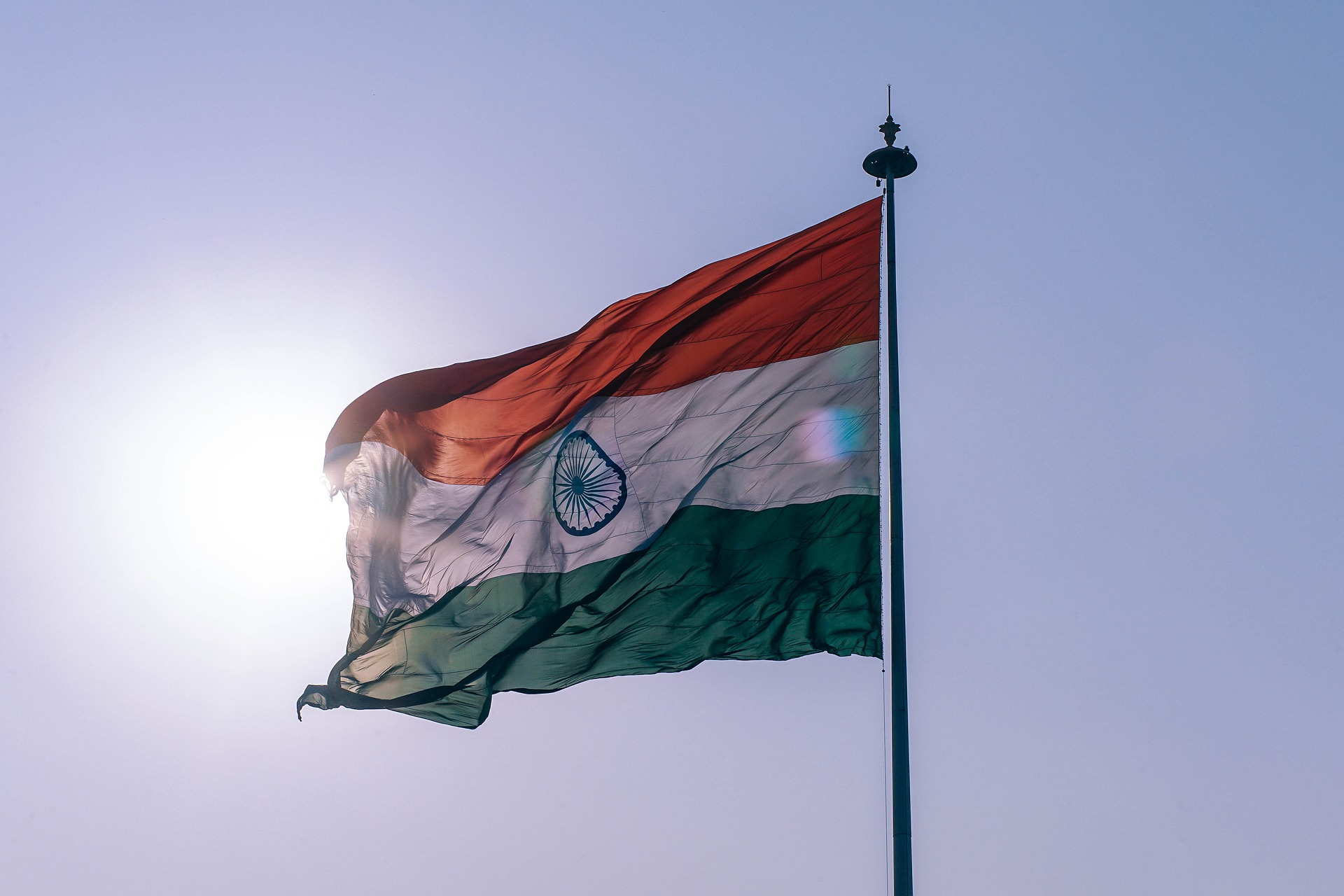Amid growing geopolitical tensions and contested security visions in the Indo-Pacific, Australia is recalibrating its maritime strategy to balance military preparedness with regional cooperation. Non-traditional security collaboration with ASEAN—ranging from climate resilience to maritime law enforcement—offers a pragmatic pathway to strengthen trust and regional stability.
Australia has more than 60,000 kilometers of beautiful coastline and the world’s third-largest exclusive economic zone. For this reason, Australia maritime security policy has long been influenced by geopolitical dynamics, economic and security interests, and alliance relations. These attributes of Australian foreign policy have been constantly adjusted within a broader Indo-Pacific tilt. As a country that relies on maritime trade and has extensive maritime interests, Australia plays multiple roles in a complex security environment. Amid the heightened focus on traditional security challenges, non-traditional security domains are increasingly emerging as viable entry points for potential maritime cooperation and confidence-building among Australia, Southeast Asia, and other international partners.
War memories have shaped maritime security thinking
Australia’s thinking on maritime security is shaped in part by its involvement and historical memories in Southeast Asia’s maritime security landscape, particularly during World War II. During the war, Japan’s southward expansion across China, Southeast Asia, and subsequent advances into Dutch East Indies (now Indonesia) and the South Pacific posed a direct threat to the country. The war reached Australia in 1942 when Japanese submarines entered Sydney Harbour and after the Japanese Air Force bombed Darwin. The fall of Singapore that same year had a major impact on Australia’s strategic interests, changing Australia’s defence orientation and marking the beginning of its long-term focus on strategic dynamics in the north. This shift prompted Australia to strengthen its security partnership with the US and laid the foundation for several enduring security treaties today.
Subsequently, through its involvement in the Malayan Emergency, the Indonesia-Malaysia confrontation, and the Vietnam War, Australia’s maritime forces played a significant role, later positioning the country as a key external actor in Southeast Asian affairs. These historical memories not only shaped Australia’s maritime security views, while reinforcing the need to maintain a strong navy, but also underscored the enduring importance of engagement in Southeast Asia to this day.
Maritime trade as a shared strategic interest
In recent years, ASEAN and Australia have strengthened their economic and trade ties, and maritime trade is an important part of the Comprehensive Strategic Partnership. In the 2023-24 fiscal year, bilateral trade between Australia and ASEAN reached AUD$192.9 billion. Australia has been a major supplier of raw materials to ASEAN, with Indonesia, Malaysia, and Vietnam relying heavily on these imports. Cotton exports surged to $3.1 billion in 2022–23, mainly to Indonesia and Vietnam, while wine exports, especially to Thailand, reached $294.2 million. Thus, Australia’s role as a major resource provider, and its involvement in trade facilitation agreements such as the Regional Comprehensive Economic Partnership (RCEP) and the ASEAN-Australia-New Zealand Free Trade Area (AANZFTA), enhance ASEAN’s global economic networks. Given the common interests of both sides in maritime trade security, Australia and ASEAN’s commitment to maritime security is consistent with regional economic priorities. However, the two sides still have strategic differences, especially in the South China Sea dispute, and such divergences also exist within ASEAN itself.
In March 2024, ASEAN and Australian leaders adopted the ASEAN-Australia Vision Statement and the Melbourne Declaration to expand pragmatic defence cooperation, with maritime cooperation as the focus. Australia has increased its defence budget with the intention to improve its maritime security capabilities. The total defence budget for the 2025-26 fiscal year will reach $58.99 billion, of which naval modernisation accounts for the largest proportion. In the next decade, Australia plans to invest $11 billion in naval upgrades, with $64 million earmarked for Southeast Asia maritime law enforcement, border patrols, and other security initiatives from 2024 to 2028. These include the 2025 Komodo Multilateral Exercise with Indonesia and the Maritime Domain Awareness initiative with Malaysia.
Converging Interests and Diverging Perceptions
While maritime trade relations are becoming increasingly close, there are also certain differences in strategic cognition between the two sides. For instance, Australia’s participation in AUKUS has triggered mixed reactions from ASEAN states. The Philippines, Singapore, and Vietnam are relatively supportive, viewing AUKUS as a means to enhance regional security, while Malaysia and Indonesia are concerned about a potential arms race. A similar divergence is reflected in attitudes toward the Quad. The 2024 State of Southeast Asia Survey shows 40.9 percent of respondents viewed the Quad as beneficial for ASEAN, and 11.5 percent worried it could undermine ASEAN centrality, preferring to avoid alignment in the South China Sea dispute and military escalations.
Nevertheless, people’s views on Australia’s strategic role have improved. According to the latest survey data for 2025, Australia was ranked fifth among ASEAN’s dialogue partners in terms of strategic relevance, just behind the European Union. This reflects the growing attention to Australia’s regional engagement. Similarly to 2024, however, ASEAN respondents’ attitudes towards mini-multilateral mechanisms, including the Quad, remains divided.
Non-traditional security: a pragmatic pathway for regional maritime cooperation
The cooperation potential between ASEAN and Australia in non-traditional security areas stems not only from shared interests but also reflects a pragmatic pursuit of “low political risk and operational feasibility” beyond strategic divergences. Compared to highly sensitive issues, climate change and marine ecological conservation provide a relatively “desecuritized” platform for collaboration and creates a more favorable discursive environment. For example, initiatives such as the Australia for ASEAN Futures Initiative, the Coral Reef Monitoring and Protection Program by the Australian Institute of Marine Science (AIMS), and the Australia-Indonesia Blue Carbon Project support ASEAN’s efforts in climate response, marine disasters, and coastal ecosystem restoration.
Australia is also working with ASEAN to combat illegal, unreported and unregulated (IUU) fishing through the Southeast Asia Sustainable Fisheries Program (2022-2026). At the same time, piracy and armed robbery remain a major threat in Southeast Asian waters, especially in the waters off Indonesia, Malaysia, and the Philippines. Additionally, Australia, along with other international partners, supports ASEAN through capacity-building initiatives under Regional Cooperation Agreement on Combating Piracy and Armed Robbery Against Ships in Asia (ReCAAP)
Southeast Asia is one of the most disaster-prone regions in the world, requiring rapid maritime response capabilities. Australia, in partnership with the ASEAN Coordinating Centre for Humanitarian Assistance on Disaster Management (AHA Centre), provided $4.6 million between 2010 and 2016, and strengthened the ASEAN-Australia Defence Ministers’ Meeting (ADMM-Plus) framework. Apart from ASEAN member states, countries including China and the US both are members of ReCAAP and/or key partners of the AHA Centre. Therefore, expanding multilateral cooperation on non-traditional security in Southeast Asia through these institutions can help mitigate the risk of traditional maritime security conflicts and deepen ASEAN-Australia relations, while also maintaining the annual maritime security dialogue between Australia and China.
Towards a resilient maritime future
Against the backdrop of escalating geopolitical rivalry, Australia’s maritime engagement reflects a dual approach of military reinforcement and regional cooperation. However, ASEAN states remain divided on security policies, particularly regarding AUKUS, the South China Sea disputes, and the Quad. While ASEAN-centric frameworks such as the ASEAN Outlook on the Indo-Pacific (AOIP), ASEAN Maritime Outlook, and the ASEAN Blue Economy Framework offer opportunities for collaboration, they also highlight ASEAN’s preference for a more inclusive and multilateral security approach. Expanding partnerships in marine sustainability, climate action, and green transition could create common ground, potentially facilitating broader regional dialogue, including with China.
As traditional security challenges become increasingly sensitive and confrontational, expanding non-traditional security cooperation can serve as a strategic hedge against traditional security risks, providing opportunities for more pragmatic maritime cooperation for ASEAN, Australia and other international partners.
Yunkang Liu is a PhD Candidate in Politics and International Relations, at the School of Social Sciences, University of New South Wales, Sydney. yunkang.liu@unsw.edu.au
This article is published under a Creative Commons License and may be republished with attribution.




